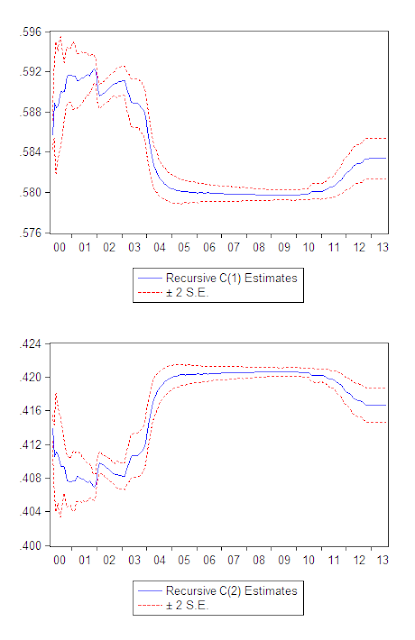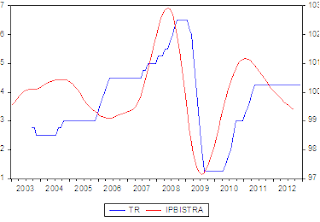Endogeneidad y Exogeneidad en los Modelos Econométricos [MARTIN, JM.]
+José-Manuel Martin Coronado Econometrista +EMECEP Consultoría www.emecep-consultoria.com En las clases de estadística, en el tema de regresión lineal, los alumnos aprenden que hay variables dependientes (regresadas) y variables independientes (regresoras), básicamente la "Y" y la "X", como un recordatorio de las clases de geometría analítica. No obstante, cuando los alumnos llegan al curso de econometría, ese lenguaje tiende a cambiar, para confundir, y a veces, para estresar a los alumnos. Aunque en el fondo podrían llegar a ser sinónimos, lo cierto es que la denominación más usual es la de variable endógena y variable exógena, respectivamente. La primera no es otra que aquella variable económica cuya evolución y/o comportamiento depende de otras, mientras que la segunda es lo contrario. (no dependencia). No obstante, este enfoque parece ser más un supuesto que una propiedad. En otras palabras, mientras se tienen experimentos plenamente con...


